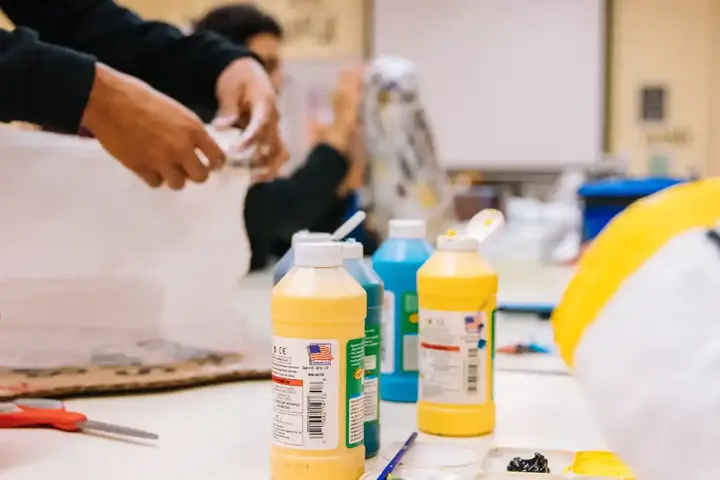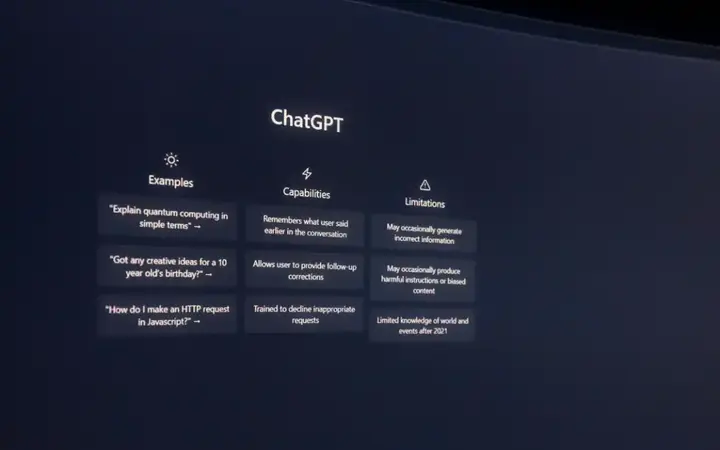Learn how to learn: strategies to acquire difficult skills
In a world of accelerating technological and scientific change, the ability to learn new skills has become an urgent necessity for survival and competition. Developing learning skills can enhance an individual's chances of professional and personal success, and can open new doors for development and creativity.
Show key points
- In today’s fast-changing world, learning new skills is essential for both personal growth and career advancement.
- The brain forms new neural pathways during learning, meaning that every new skill strengthens and reshapes our cognitive structure.
- Applying modern learning theories like constructivist and motivational approaches can significantly enhance skill acquisition.
- ADVERTISEMENT
- Setting specific and achievable goals, along with a well-structured learning plan, helps maintain motivation and track progress effectively.
- Engaging in active learning through hands-on practice and collaborative environments boosts understanding and retention.
- Techniques such as storytelling, spaced repetition, and self-testing support long-term memory and effective information recall.
- Learners can overcome common challenges like frustration and procrastination through self-reflection, task breakdown, and time management tools.
Despite the benefits of acquiring new skills, the process is not always easy. Many individuals face multiple challenges such as frustration, lack of motivation, and difficulty in continuing on the educational path. Therefore, it is important to understand how to overcome these obstacles to achieve success in the learning process.
Understanding the learning process

How the brain works to learn new skills
Recommend
The brain works to form new neural connections when learning new skills. This means that every time we learn something new, we reshape our neural structure. Scientific understanding of this process can help improve learning strategies.
Modern learning theories
Modern learning theories such as constructivist learning and motivational learning include important ideas on how to acquire skills effectively. Constructivist learning emphasizes building knowledge based on past experiences, while motivational learning focuses on the role of motivations and emotions in promoting learning.
Goal setting and planning

Set realistic learning goals
Setting realistic and specific learning goals can facilitate the learning process. It is important that the goals are measurable and achievable within a specific time frame. This can help maintain motivation and focus.
Create an effective learning plan
An effective learning plan includes identifying the steps needed to achieve educational goals. The plan should include a timetable, learning materials, and strategies for self-assessment. Good planning can contribute to achieving goals more effectively
Active Learning Strategies

Learning by doing
Learning by doing is one of the best ways to acquire skills. Through practical application, an individual can enhance understanding and develop skills more quickly. This involves engaging in hands-on activities, experimentation, and learning from mistakes.
Collaborative and Group Learning
Collaborative learning can enhance the exchange of knowledge and ideas. By working in groups, individuals can benefit from the experiences of others and develop their skills through interaction and discussion.
Memory and retrieval technologies

Use stories and examples to enhance memory
Using stories and examples can help boost memory and facilitate information retrieval. Stories make information more relevant and easy to remember, while examples can help illustrate complex concepts.
Efficient Retrieval Techniques
Effective retrieval techniques include the use of self-tests and spaced repetition strategies. These techniques can enhance an individual's ability to remember information in the long run.
Overcoming learning obstacles

Dealing with frustration and lack of motivation
Frustration and lack of motivation are two of the biggest obstacles facing learners. To overcome these obstacles, techniques such as self-reflection can be used and identify and work to solve the root causes of frustration.
Strategies to overcome procrastination
Procrastination can be a significant barrier to learning. Effective strategies to overcome procrastination include breaking down tasks into smaller parts, setting deadlines, and using time management techniques such as the Pomodoro technique.
Using technology in learning

Online educational tools and resources
Technology provides a wide range of educational tools and resources that can enhance the learning process. These tools include online courses, educational apps, and interactive platforms.
Self-learning with online courses
Self-learning can be very effective when using online courses. These courses provide flexibility in time and space, allow learners to learn at their own pace, and benefit from diverse and constantly updated learning content.
Measuring progress and self-assessment

Track progress and evaluate performance
Track progress and evaluate performance help determine the extent to which educational goals have been achieved. Tools such as timesheets and self-tests can be used to assess progress and identify areas that need improvement.
Learning from mistakes and continuous improvement
Learning from mistakes is an essential part of the learning process. By analyzing and learning from errors, an individual can improve their performance and avoid repeating mistakes in the future. Continuous improvement requires a constant review of educational goals and plans.
Learning how to learn difficult skills requires a set of strategies that include understanding the learning process, setting goals and planning, using active learning strategies, memory and retrieval techniques, overcoming learning obstacles, using technology, measuring progress and self-assessment.
By following these strategies, any individual can improve their learning skills and acquire new skills effectively. Taking steps towards effective learning can open new doors to success and creativity, and can contribute to personal and professional goals.
![]()
How to overcome your fear of flying
How to overcome your fear of flying more- ADVERTISEMENT
![]()
Sacred places in the Andes: 7 secrets of Machu Picchu
Machu Picchu isn't truly the lost city of the Incas, and it's not as forgotten as once believed—locals were living there when rediscovered. Many marvels are hidden underground, and if you're up for a sweaty climb, you can skip the pricey bus and enjoy epic views for free. more- ADVERTISEMENT
![]()
You don't lack purpose, you lack focus
You Are Not Lacking Purpose, You Are Lacking Focus more- ADVERTISEMENT
![]()
Why aren't all the earth's oceans the same salinity?
Ocean salinity changes because of things like evaporation, rainfall, river flows, and ocean currents. The Red Sea is super salty due to high heat and little rain, while areas like the Bay of Bengal are fresher from heavy rainfall. These differences help shape ocean currents and marine life. more- ADVERTISEMENT
![]()
The Search for the Lost Temple of Artemis: A Journey Through Time and Secrets
Hunting for the Lost Temple of Artemis-A Journey Through Time and Mystery more- ADVERTISEMENT
![]()
Getting to rock bottom: what it means and where to go from here
Hitting Rock Bottom: What It Means and Where to Go from Here more- ADVERTISEMENT
![]()
Eastern musical maqams and western stairs
Eastern musical maqams and western stairs more- ADVERTISEMENT
![]()
Many amazing things your nails can tell you
The Many Surprising Things Your Fingernails Can Tell You more- ADVERTISEMENT
![]()
Do you know why hair becomes white with age and not skin?
White hair can show up early due to genetics, stress, vitamin B12 deficiency, or smoking. While aging is a natural cause, lifestyle and health factors also play a role. Sometimes, treating underlying issues like thyroid problems or vitamin deficiencies may help restore hair color. more- ADVERTISEMENT
![]()
The best ChatGPT alternatives, including what is free
ChatGPT is an advanced language AI revolutionizing communication and creativity with human-like conversations and text generation. Alongside it, impressive free alternatives like Google's Bard, Jasper Chat, Bing AI, and Perplexity AI offer unique features—from creative writing to fact-based search—making AI tools more accessible, powerful, and tailored to user needs. more- ADVERTISEMENT





















